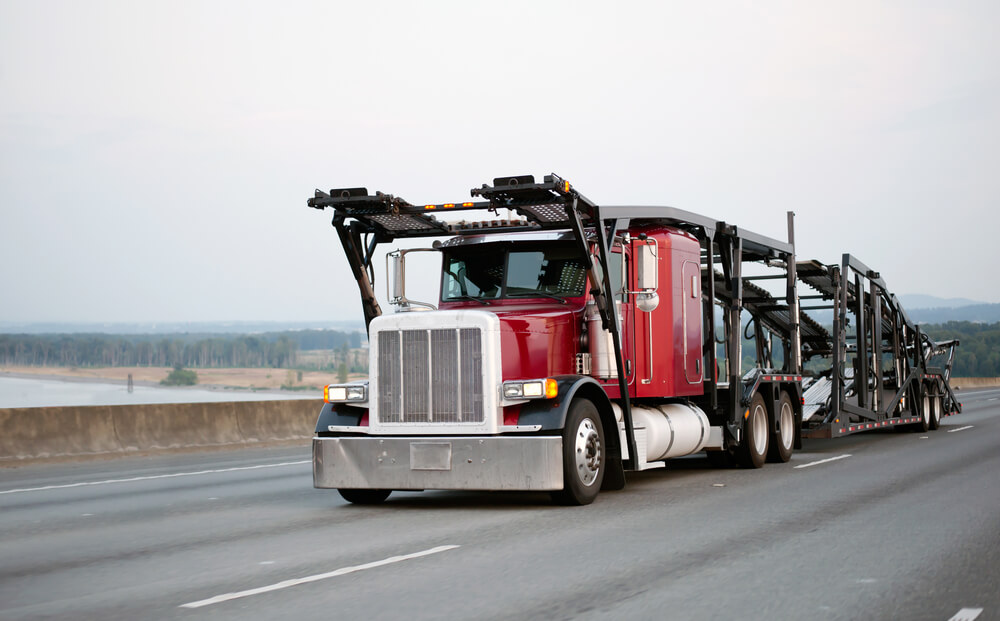How to Ship a Car from the U.S. to Bolivia

The auto transport processing cost is one of the first and most important factors to consider when preparing to ship a vehicle from the United States to Bolivia. International car shipping can seem complicated, but with the right information and guidance, it becomes a manageable process. From choosing the correct shipping method to understanding import regulations, this guide will walk you through everything you need to know to successfully transport your vehicle to Bolivia.
Understanding Your Shipping Options
If your car is a luxury model, classic car, or you simply want added protection, container shipping may be the better option. Vehicles are loaded into metal containers that shield them from weather and possible external damage. You can also ship personal items along with your car in the same container. However, this method is typically more expensive due to the added security and handling.
For more technical details about these methods and international shipping logistics, the U.S. Department of Transportation’s Maritime Administration provides useful resources without competing with service providers.
Estimating the Total Cost
The cost of shipping a car from the U.S. to Bolivia can vary widely depending on several factors. On average, you can expect to pay between $1,200 and $2,500, excluding import duties and local taxes. Key cost variables include:
Shipping Method: As mentioned, RORO tends to be less expensive than container shipping.
Distance and Route: The port of origin and final delivery location in Bolivia affect the price. Most shipments go through Chilean ports, such as Arica or Iquique, before moving inland to Bolivia.
Vehicle Specifications: Larger, heavier, or luxury vehicles generally cost more to ship.
Additional Services: Optional services such as door-to-door delivery, insurance, and customs brokerage will increase the total price.
It’s essential to get multiple quotes from reputable international auto shipping companies and understand what each quote includes.
Required Documentation for Shipping and Import
Successfully shipping your car to Bolivia also requires proper documentation to satisfy both U.S. export laws and Bolivian import regulations. Here’s a list of documents typically required:
- Original Title
- Bill of Sale
- Valid Identification (e.g., passport)
- Notarized Letter of Authorization
- Shipping Company Documents
- Customs Declaration Forms
Once your vehicle arrives in Bolivia, it must undergo customs clearance. Bolivia imposes import taxes and duties based on the vehicle’s age, engine size, and value. These can add anywhere from 30% to 50% of the vehicle’s CIF value.
Legal and Environmental Considerations
Bolivia has strict guidelines regarding vehicle age and emissions compliance. Currently, Bolivia does not allow the import of vehicles older than five years. Additionally, the car must pass emissions inspections and meet the country’s environmental standards.
To ensure your car qualifies for import, you should consult with Bolivian customs or hire a customs broker familiar with Bolivian regulations.

Choosing the Right Auto Shipping Company
Not all international car shipping companies are created equal. Look for a company with:
- Experience in shipping to South America, specifically Bolivia
- Transparent pricing with no hidden fees
- Insurance options
- Customs brokerage support
- Positive customer reviews
One example of a trusted service provider is A1 Auto Transport, which offers comprehensive international shipping solutions and has experience in Latin American markets. You can visit their Bolivia car shipping page to learn more.
Arrival and Inland Transport in Bolivia
Once your vehicle reaches a port such as Arica or Iquique in Chile, it will be transported inland to Bolivia typically to La Paz, Santa Cruz, or Cochabamba. You’ll either need to arrange this leg of the journey through your shipping provider or coordinate it separately with a local logistics company.
Inland transportation can add $300 to $600 to your total cost, depending on the distance and carrier used. It’s advisable to have this arranged in advance to avoid storage fees at the port.
Final Thoughts
Shipping a vehicle from the U.S. to Bolivia involves several moving parts from selecting a shipping method to dealing with customs and ensuring environmental compliance. With the right preparation and a reliable shipping partner, the process can be smooth and efficient.
Understanding the full breakdown of costs, including the auto transport processing cost, and knowing what documentation is required can prevent delays and unexpected fees. Whether you’re relocating, sending a vehicle to family, or investing in a car for business, this guide should serve as a strong starting point for your international shipping journey.
